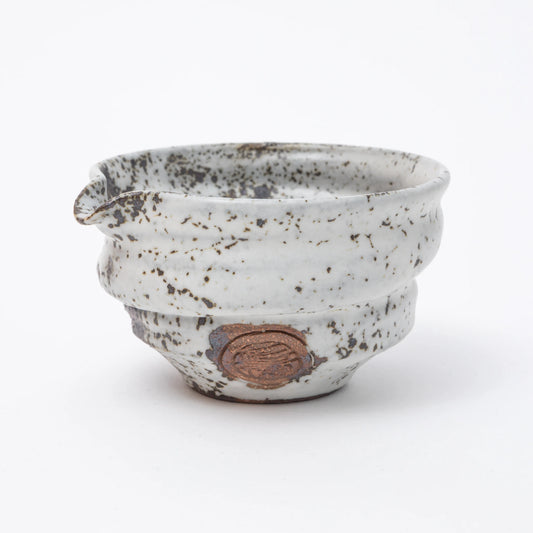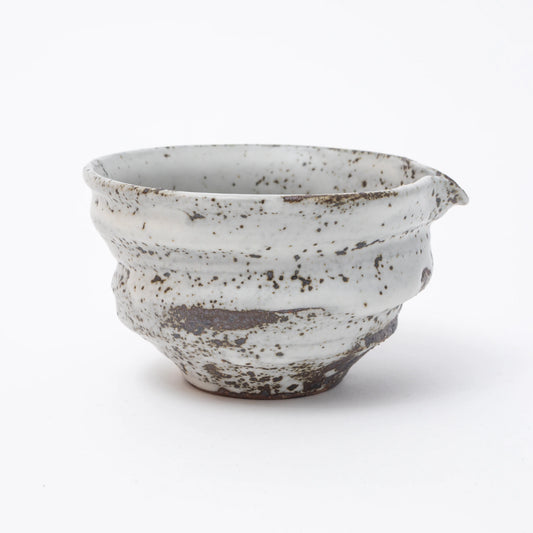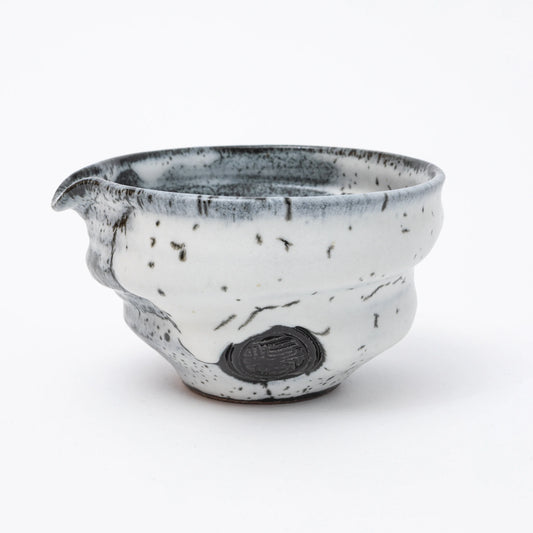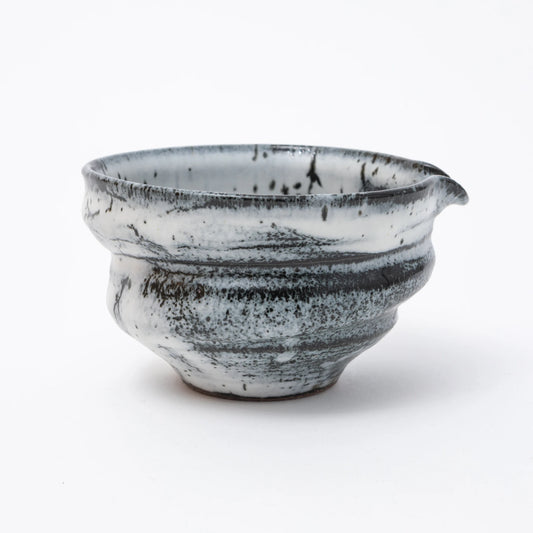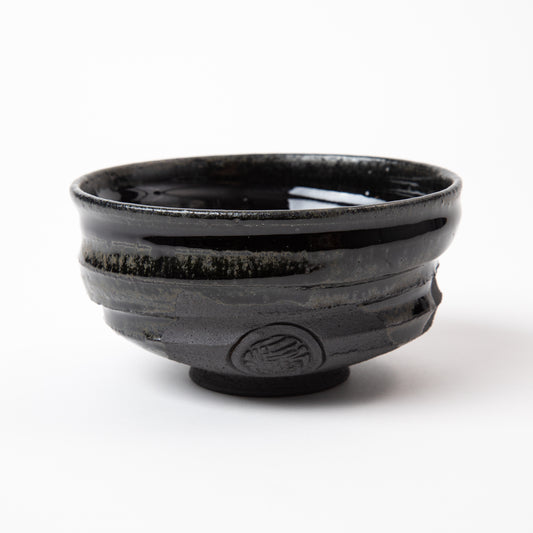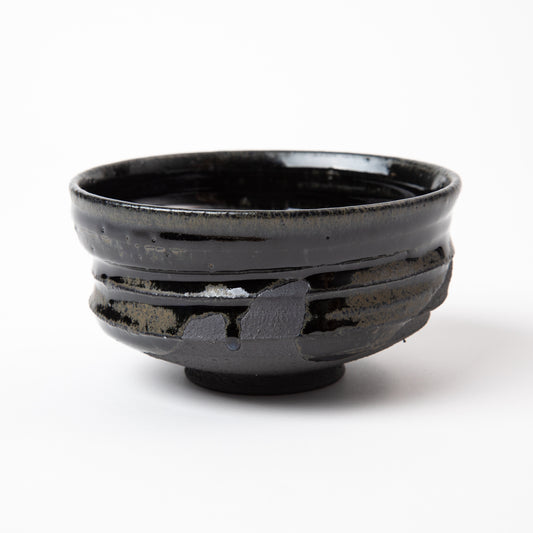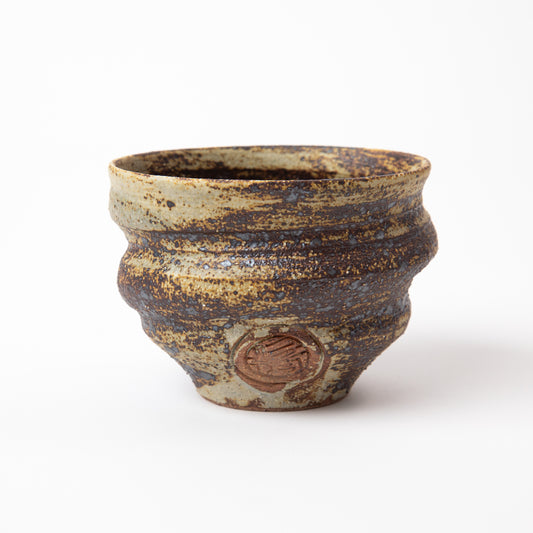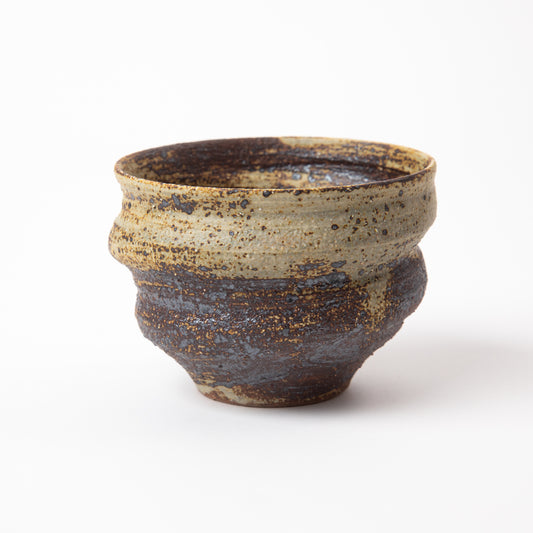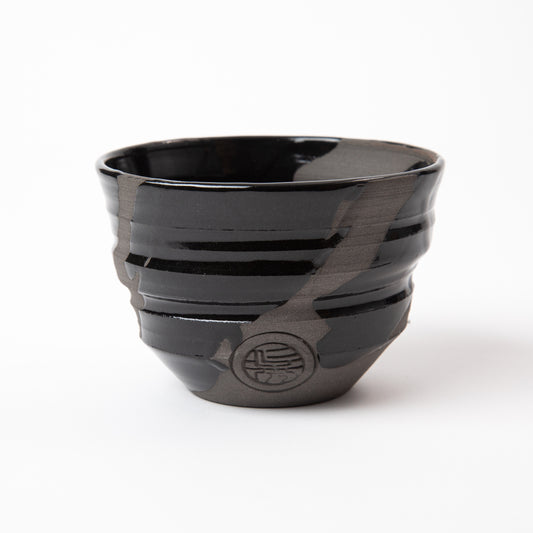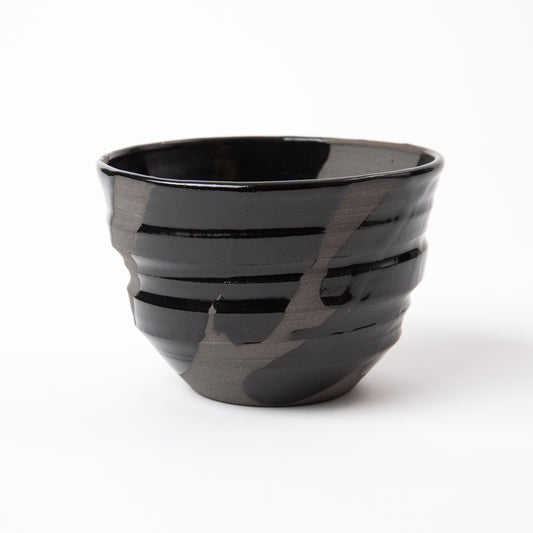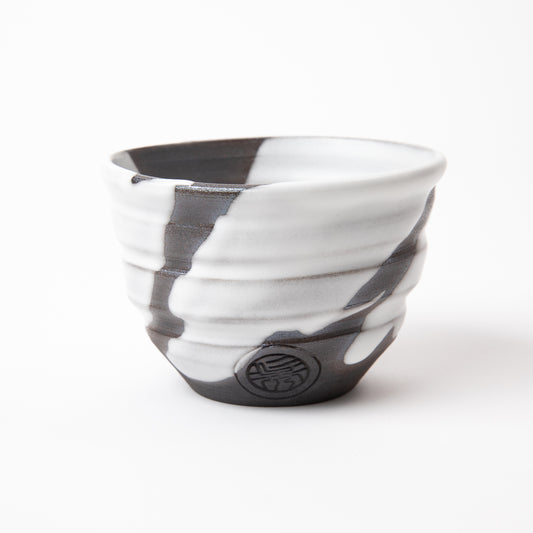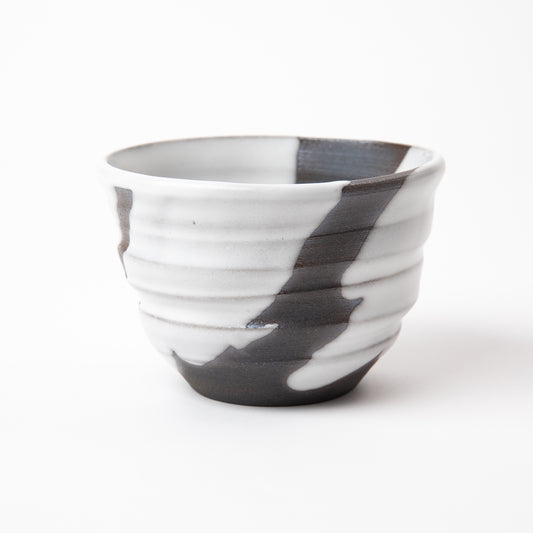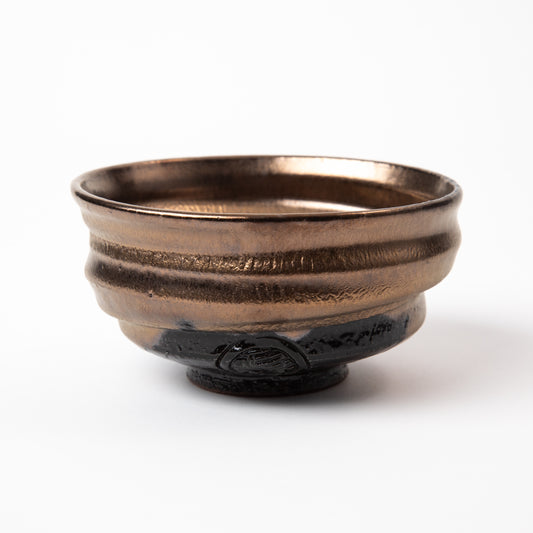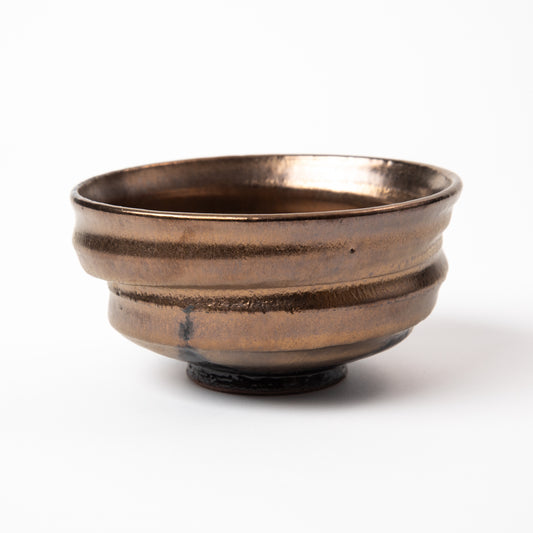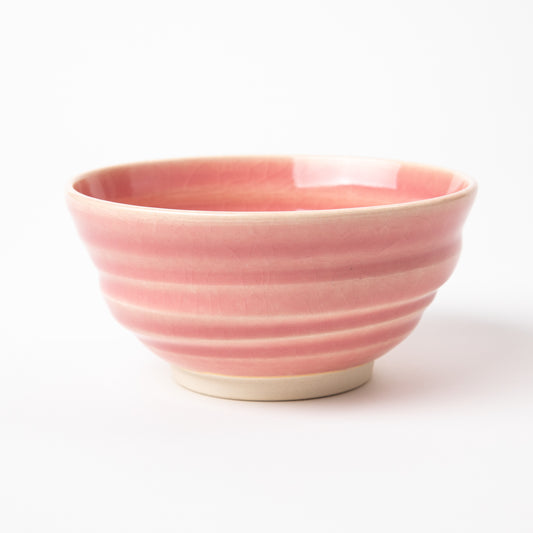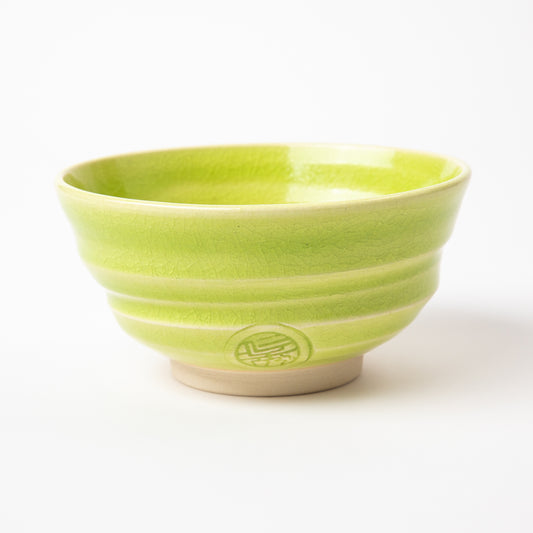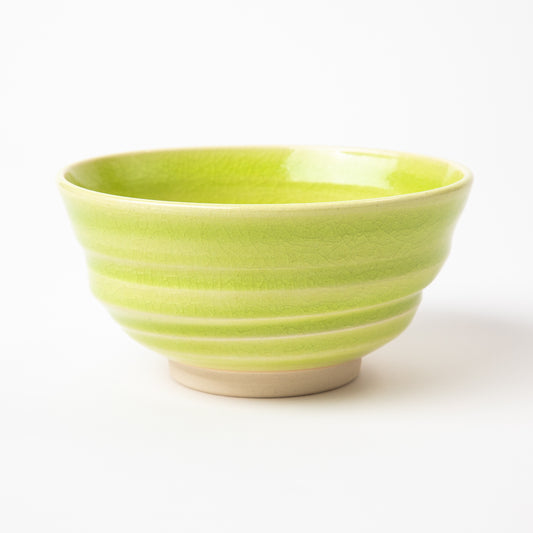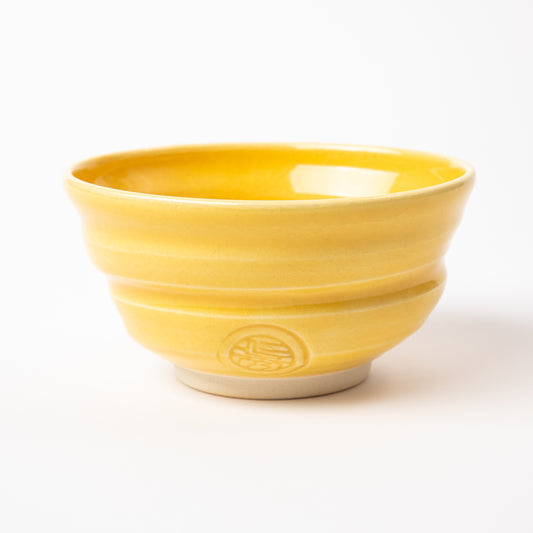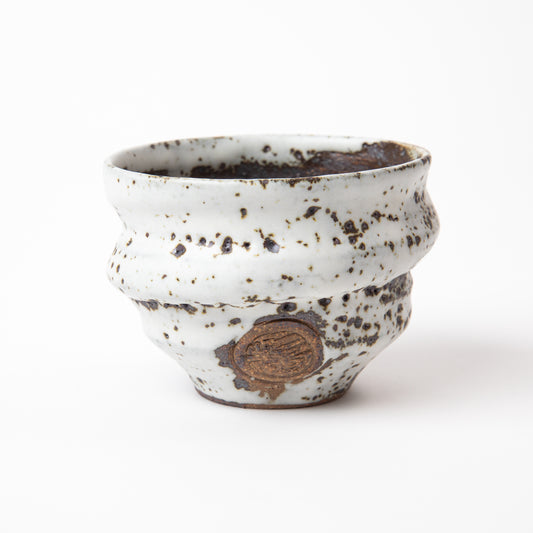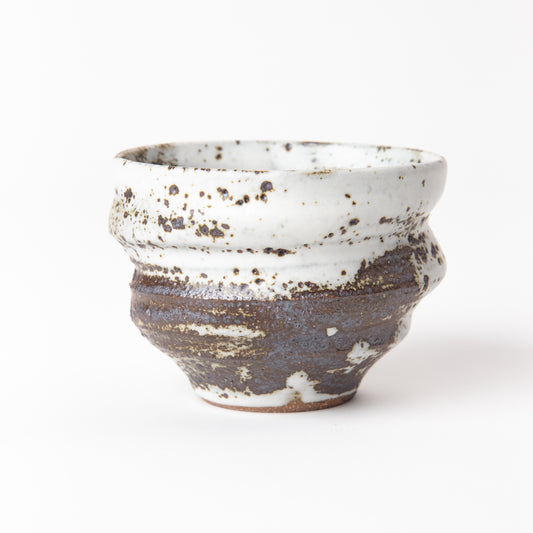-
Katakuchi Matcha Bowl Zui
Vendor:NinshuRegular price $119.00 USDRegular priceUnit price per -
Katakuchi Matcha Bowl Creative Cloud
Vendor:NinshuRegular price $119.00 USDRegular priceUnit price per -
Furyu Matcha Bowl Dignity Blue
Vendor:NinshuRegular price $109.00 USDRegular priceUnit price per -
Ninshu Cup Sakigake
Vendor:NinshuRegular price $79.00 USDRegular priceUnit price per -
Ninshu Cup Sumi Black
Vendor:NinshuRegular price $69.00 USDRegular priceUnit price per -
Ninshu Cup White Flow
Vendor:NinshuRegular price $69.00 USDRegular priceUnit price per -
Furyu Matcha Bowl Kirameki
Vendor:NinshuRegular price $119.00 USDRegular priceUnit price per -
Furyu Matcha Bowl Omomuro Cherry
Vendor:NinshuRegular price $69.00 USDRegular priceUnit price per -
Furyu Matcha Bowl Bamboo Princess
Vendor:NinshuRegular price $69.00 USDRegular priceUnit price per -
Furyu Matcha Bowl Yuzu
Vendor:NinshuRegular price $69.00 USDRegular priceUnit price per -
Furyu Matcha Bowl Sokuu Blue
Vendor:NinshuRegular price $69.00 USDRegular priceUnit price per -
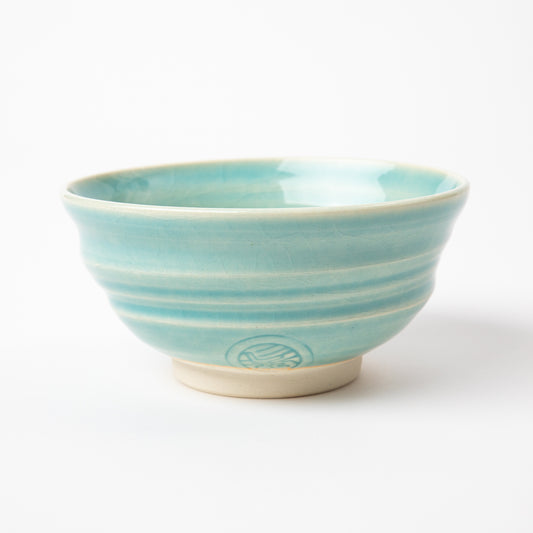
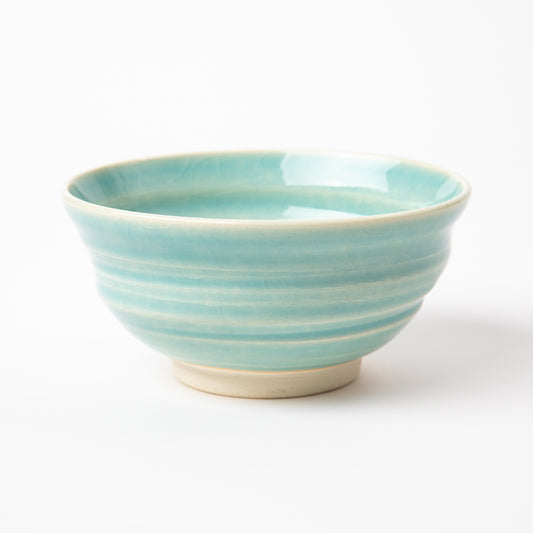 Coming Soon
Coming SoonFuryu Matcha Bowl Jade
Vendor:NinshuRegular price $69.00 USDRegular priceUnit price per -
Ninshu Cup Zui
Vendor:NinshuRegular price $79.00 USDRegular priceUnit price per
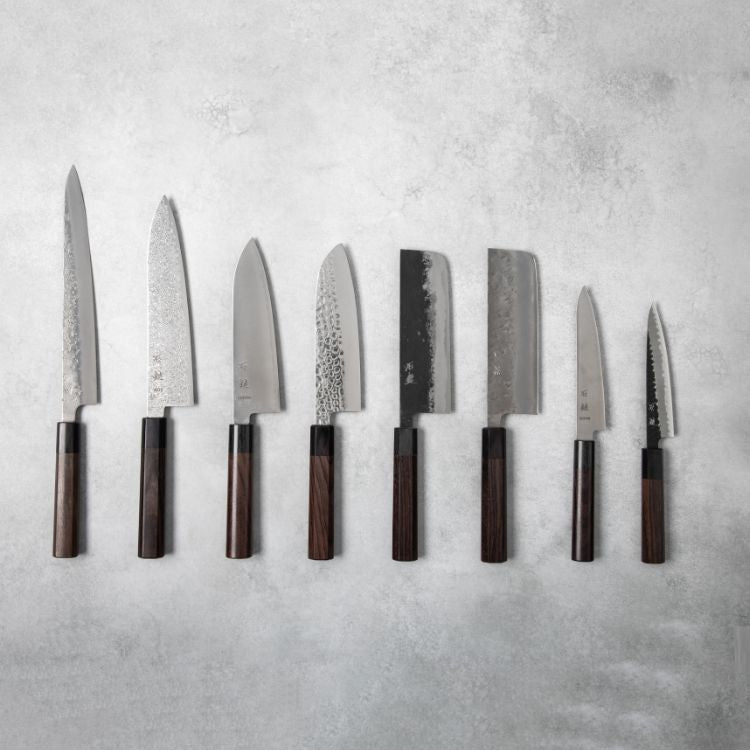
Best Sellers
Shop our Bestsellers collection, featuring the most popular and highly-rated items from...


